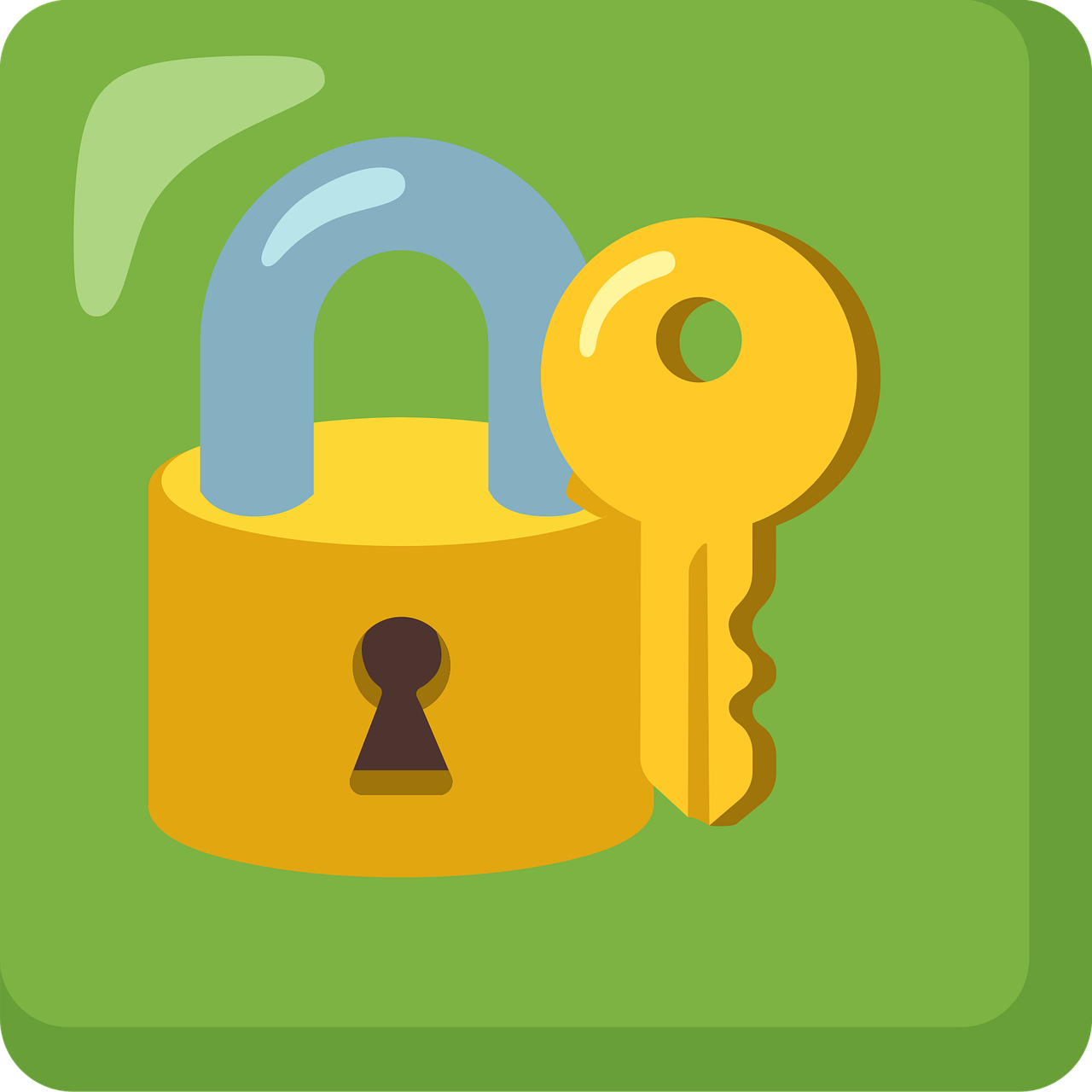by Tanya Wetson-Catt
•
22 October 2025
Sometimes the first step in a cyberattack isn’t code. It’s a click. A single login involving one username and password can give an intruder a front-row seat to everything your business does online. For small and mid-sized companies, those credentials are often the easiest target. According to MasterCard , 46% of small businesses have dealt with a cyberattack, and almost half of all breaches involve stolen passwords. That’s not a statistic you want to see yourself in. This guide looks at how to make life much harder for would-be intruders. The aim isn’t to drown you in tech jargon. Instead, it’s to give IT-focused small businesses a playbook that moves past the basics and into practical, advanced measures you can start using now. Why Login Security Is Your First Line of Defence If someone asked what your most valuable business asset is, you might say your client list, your product designs, or maybe your brand reputation. But without the right login security, all of those can be taken in minutes. Industry surveys put the risk in sharp focus: 46% of small and medium-sized businesses have experienced a cyberattack. Of those, roughly one in five never recovered enough to stay open. The financial toll isn’t just the immediate clean-up, as the global average cost of a data breach is $4.4 million , and that number has been climbing. Credentials are especially tempting because they’re so portable. Hackers collect them through phishing emails, malware, or even breaches at unrelated companies. Those details end up on underground marketplaces where they can be bought for less than you’d spend on lunch. From there, an attacker doesn’t have to “hack” at all. They just sign in. Many small businesses already know this but struggle with execution. According to Mastercard, 73% of owners say getting employees to take security policies seriously is one of their biggest hurdles. That’s why the solution has to go beyond telling people to “use better passwords.”. Advanced Strategies to Lock Down Your Business Logins Good login security works in layers. The more hoops an attacker has to jump through, the less likely they are to make it to your sensitive data. 1. Strengthen Password and Authentication Policies If your company still allows short, predictable logins like “Winter2024” or reuses passwords across accounts, you’ve already given attackers a head start. Here’s what works better: Require unique, complex passwords for every account. Think 15+ characters with a mix of letters, numbers, and symbols. Swap out traditional passwords for passphrases, strings of unrelated words that are easier for humans to remember but harder for machines to guess. Roll out a password manager so staff can store and auto-generate strong credentials without resorting to sticky notes or spreadsheets. Enforce multi-factor authentication (MFA) everywhere possible. Hardware tokens and authenticator apps are far more resilient than SMS codes. Check passwords against known breach lists and rotate them periodically. The important part? Apply the rules across the board. Leaving one “less important” account unprotected is like locking your front door but leaving the garage wide open. 2. Reduce Risk Through Access Control and Least Privilege The fewer keys in circulation, the fewer chances there are for one to be stolen. Not every employee or contractor needs full admin rights. Keep admin privileges limited to the smallest possible group. Separate super admin accounts from day-to-day logins and store them securely. Give third parties the bare minimum access they need, and revoke it the moment the work ends. That way, if an account is compromised, the damage is contained rather than catastrophic. 3. Secure Devices, Networks, and Browsers Your login policies won’t mean much if someone signs in from a compromised device or an open public network. Encrypt every company laptop and require strong passwords or biometric logins. Use mobile security apps, especially for staff who connect on the go. Lock down your Wi-Fi: Encryption on, SSID hidden, router password long and random. Keep firewalls active, both on-site and for remote workers. Turn on automatic updates for browsers, operating systems, and apps. Think of it like this: Even if an attacker gets a password, they still have to get past the locked and alarmed “building” your devices create. 4. Protect Email as a Common Attack Gateway Email is where a lot of credential theft begins. One convincing message, and an employee clicks a link they shouldn’t. To close that door: Enable advanced phishing and malware filtering. Set up SPF, DKIM, and DMARC to make your domain harder to spoof. Train your team to verify unexpected requests. If “finance” emails to ask for a password reset, confirm it another way. 5. Build a Culture of Security Awareness Policies on paper don’t change habits. Ongoing, realistic training does. Run short, focused sessions on spotting phishing attempts, handling sensitive data, and using secure passwords. Share quick reminders in internal chats or during team meetings. Make security a shared responsibility, not just “the IT department’s problem.” 6. Plan for the Inevitable with Incident Response and Monitoring Even the best defences can be bypassed. The question is how fast you can respond. 1. Incident Response Plan: Define who does what, how to escalate, and how to communicate during a breach. 2. Vulnerability Scanning: Use tools that flag weaknesses before attackers find them. 3. Credential Monitoring: Watch for your accounts showing up in public breach dumps. 4. Regular Backups: Keep offsite or cloud backups of critical data and test that they actually work. Make Your Logins a Security Asset, Not a Weak Spot Login security can either be a liability or a strength. Left unchecked, it’s a soft target that makes the rest of your defences less effective. Done right, it becomes a barrier that forces attackers to look elsewhere. The steps above, from MFA to access control to a living, breathing incident plan, aren’t one-time fixes. Threats change, people change roles, and new tools arrive. The companies that stay safest are the ones that treat login security as an ongoing process, adjusting it as the environment shifts. You don’t have to do it all overnight. Start with the weakest link you can identify right now, maybe an old, shared admin password or a lack of MFA on your most sensitive systems and fix it. Then move to the next gap. Over time, those small improvements add up to a solid, layered defence. If you’re part of an IT business network or membership service, you’re not alone. Share strategies with peers, learn from incidents others have faced, and keep refining your approach. Contact us today to find out how we can help you turn your login process into one of your strongest security assets.






